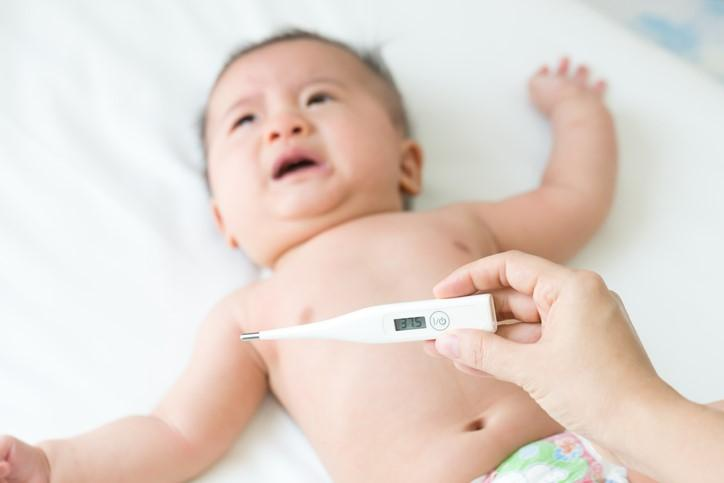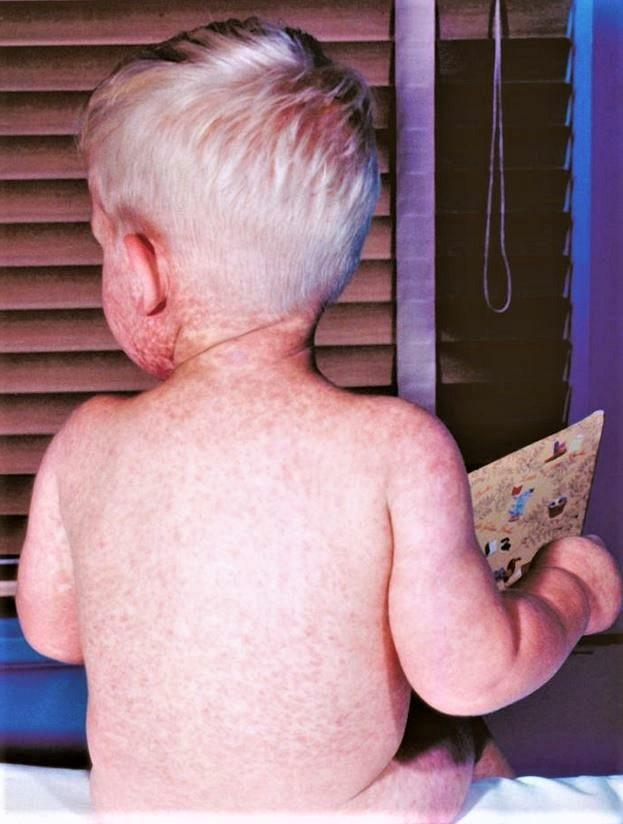
An optimal mix of gut bacteria (microbiome) found in infants born vaginally could help children fight off severe viral lower respiratory-tract infections (vLRTIs) for the first 2 years of life, UK researchers wrote yesterday in The Lancet Microbe.
The University College London-led Baby Biome Study enrolled mother-baby pairs at three UK hospitals from January 2016 to December 2017. The researchers collected newborn stool samples for whole-genome sequencing to assess microorganism diversity (Chao1, Shannon, and Simpson indices) and the organization of microbial communities.
The team used electronic health records to determine the link between microbiota features and vLRTI hospital admission incidence in the first 2 years of life.
"Early-life gut microbiota affects immune system development, including the lung immune response (gut–lung axis)," the authors noted.
Vaginally delivered infants had most beneficial microbiota
A total of 1,082 newborns (564 born vaginally and 518 born via caesarean delivery) were included in the study. The vast majority of infants were born full-term and healthy (97% had no underlying conditions).











